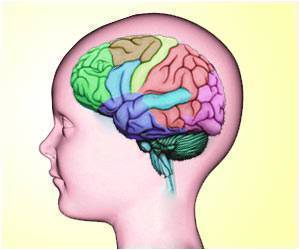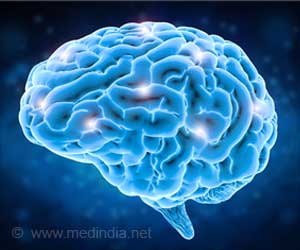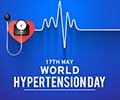Q: Which doctor should I consult to rule out epilepsy in my child?
A: You should consult a child specialist for further investigations
Q: Is epilepsy a lifelong condition?
A: Studies have found that more than half the kids with a diagnosis of epilepsy outgrow the condition, not requiring further treatment. In some cases, the condition persists into adult life
Q: What to do when my child suffers a seizure?
A: First of all try not to panic. Your aim should be to protect your child from injury. Get them in a safe and comfortable position.
- Try turning child to one side to prevent aspiration of mouth secretions
- Time the seizure.
- Avoid giving anything in the mouth
- Stay close to the child till the seizure stops
Q: When do I need to seek help when my child is having a seizure?
A: Seek immediate help if you think your child may be injured, has trouble breathing, having repeated seizures and is not responding even 30 minutes after the seizure
Q: What is temporal lobe epilepsy?
A: Temporal lobe epilepsy is a form of recurrent focal epilepsy that begins in the temporal lobe and associated with reduced awareness and bizarre movements
Q: What are some of the causes of non-epileptic seizures?
A: Seizures may also be caused by external factors such as high temperature (fever), lack of oxygen, a low blood sugar level, excess alcohol and poisons. These are referred to as non-epileptic seizures as there is no primary disease in the brain
Q: Will my child die of epilepsy?
A: Most children with epilepsy live a normal life. Also it is very unlikely that a child will die during a seizure. It is however important to be aware that a child in water can drown during a seizure or if it sustains a serious injury due to fall
Q: What is Sudden Unexplained Death in Epilepsy (SUDEP)?
A: The reasons for SUDEP remain unclear. The risk of SUDEP is higher in person with generalized seizures, poorly controlled seizures, stop medications suddenly or are irregular, and have associated developmental disorders such as cerebral palsy or mental retardation









